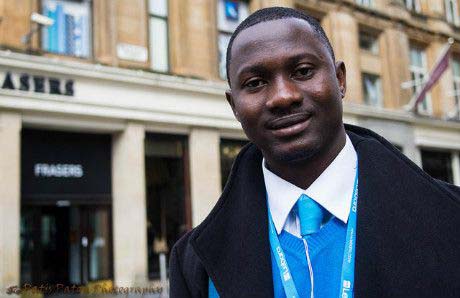Terrorism, Psychology of Identity & Major Life Transitions

The psychology of major life transitions may seem to have absolutely nothing to do with terrorism — until we look at both from the perspective of the psychology of identity.

“OK, I give up — how ARE they connected?”
Examining terrorist psychology from a /a-midlife-transition perspective can teach us a very great deal about identity, alienation and belonging. When we look closely, we can see that prospective terrorists exhibit characteristics that shed light on what many people going through intense changes may also feel, only they exhibit them in a very extreme and unregulated form.
Characteristics of Terrorist Psychology
There are certain typical characteristics in the outlook of those who commit terrorist acts. Experts on the psychology of terrorism like Prof. John Horgan of GSU have shown us that perpetrators of terror again and again exhibit these same characteristics:
Psychology of Identity: Identity and Belonging are Fundamental Human Needs
The twin issues of identity and belonging are fundamental to the human psyche. As social beings, we have an incredibly strong need to feel that we belong to a supportive human group, and that we have a recognized status and identity within that group. At an even more fundamental level, there is a need for each of us to feel that we are in touch with our own fundamental identity as person — that we “know ourselves“, as the Oracle at Delphi put it, and that we accept and fundamentally value ourselves.
A Tragic Figure
Evidence suggests that often, people who are at risk for becoming terrorists are in profound crisis about their sense of identity and belonging. For example, there is the tragic story of Hasna Aït Boulahcen. Boulahen was killed when Abdelhamid Abaaoud, ringleader of the recent Paris bombings, blew himself up next to her in the seige of a terrorist cell in St. Denis, Paris, France. Apparently, Boulahcen had an extremely troubled childhood with very disrupted attachment to family, or anyone, and a succession of foster homes, and became an “unstable lost soul” who “lived in her own world” as an adult, drinking and partying heavily. Apparently, only 6 months ago, she adopted radical Islamist views and joined the cell run by Abaaoud.
A young woman with no sense of belonging or individual identity, who only found identity by joining a murderous terrorist group. Tragic on many levels.
Psychology of Identity and Major Life Transitions

What this reinforces for us is the importance of the psychology of identity for humans in general, and particularly for those undergoing major life transitions, It is essential that we accept and value the essence of our own unique personhood. That is the only road to grounding in our own true identity.
A person undergoing a major life transition, such as career change, divorce, major illness of a spouse or child, or moving from one area or life situation to another, may well find that questions around personal identity become front and center. As circumstances change in life, we’re brought back to the question of our fundamental identity — what is it that really makes us who we are?
The work of /a-midlife-transition is fundamentally concerned with taking individuals into their authentic identity, especially through grounding in the as-yet undiscovered parts of the self.
Brian Collinson, Registered Psychotherapist & Jungian Analyst
[cta]
PHOTOS: 
 © Patricia dos Santos Paton ; Wonderlane
© Patricia dos Santos Paton ; Wonderlane
© 2015 Brian Collinson, 2238 Constance Drive Oakville, Ontario (near Mississauga)
